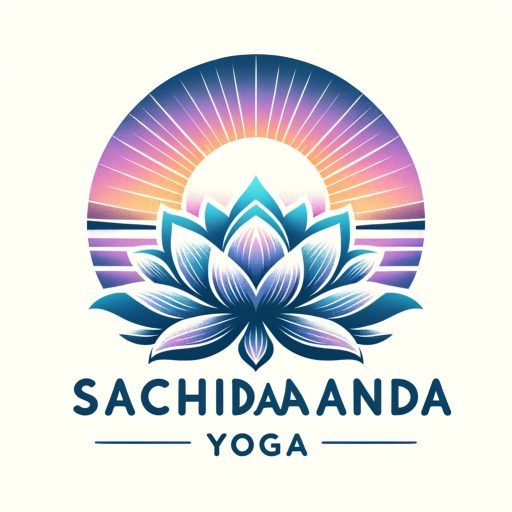The relevance of yoga in modern times extends far beyond its ancient origins, permeating diverse aspects of contemporary life. Amidst the fast-paced and often stressful environments of today’s world, yoga offers a sanctuary for holistic health, mental well-being, and spiritual growth. Its adaptability and comprehensive approach to wellness have made it a crucial practice for individuals seeking balance, resilience, and a deeper connection with themselves and the world around them.
Holistic Health and Wellness
- Physical Health: Yoga’s physical postures (asanas) address the modern epidemic of sedentary lifestyles, offering a means to combat issues such as back pain, obesity, and chronic diseases. Regular practice enhances flexibility, strength, and posture, directly countering the effects of prolonged sitting and screen time.
- Mental Health: The mental health crisis of anxiety, depression, and stress disorders finds a natural ally in yoga. Techniques such as breath control (pranayama) and meditation (dhyana) provide effective tools for stress management and emotional regulation, offering a respite from the constant stimulation of digital life.
Work-Life Balance
- Mindfulness and Productivity: Incorporating yoga into daily routines helps foster mindfulness, improving concentration and productivity. As individuals learn to stay present and focused, they report better performance and satisfaction in their professional and personal lives.
- Resilience and Adaptability: Yoga teaches resilience and adaptability—key qualities in today’s ever-changing world. The practice encourages a mindset of growth and flexibility, both mentally and physically, aiding individuals in navigating life’s challenges with grace and determination.
Community and Connection
- Global Yoga Community: The global proliferation of yoga has fostered a vast, inclusive community. This sense of connection transcends cultural and geographical boundaries, uniting people through shared practices and philosophies.
- Social and Environmental Activism: Many within the yoga community are also engaged in social and environmental activism. Yoga’s emphasis on compassion (karuna) and non-harming (ahimsa) often inspires practitioners to take action on issues like climate change, inequality, and social justice.
Spiritual Exploration and Personal Growth
- Search for Meaning: In an age often marked by materialism and existential questioning, yoga offers pathways for individuals to explore spirituality and personal growth. Through practices that encourage introspection and self-awareness, many find a deeper sense of purpose and fulfillment.
- Integration of Body, Mind, and Spirit: Yoga stands out in its holistic integration of body, mind, and spirit. This unity is particularly relevant in modern times, offering a counterbalance to the fragmentation and disconnection experienced in much of contemporary life.
Modern Adaptations and Innovations
- Technological Integration: Online platforms, apps, and virtual classes have made yoga more accessible than ever, allowing people to practice anywhere, anytime. This digital integration has been instrumental in yoga’s global spread and adaptation to modern lifestyles.
- Diversity of Practices: The evolution of yoga has led to a variety of styles, from the physically intensive (e.g., Power Yoga, Vinyasa) to the restorative (e.g., Yin Yoga, Restorative Yoga). This diversity ensures that yoga remains relevant and accessible to individuals with varying interests, abilities, and needs.
Conclusion
The relevance of yoga in modern times is multifaceted, addressing the physical, mental, social, and spiritual dimensions of human experience. Its principles and practices offer profound solutions to contemporary challenges, promoting health, happiness, and harmony. As we move forward, yoga’s ancient wisdom, combined with modern innovations, continues to provide a vital foundation for a balanced and fulfilled life.

